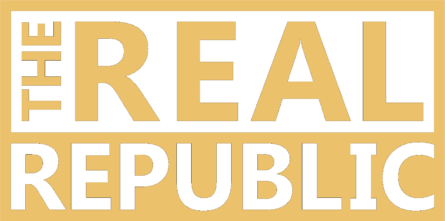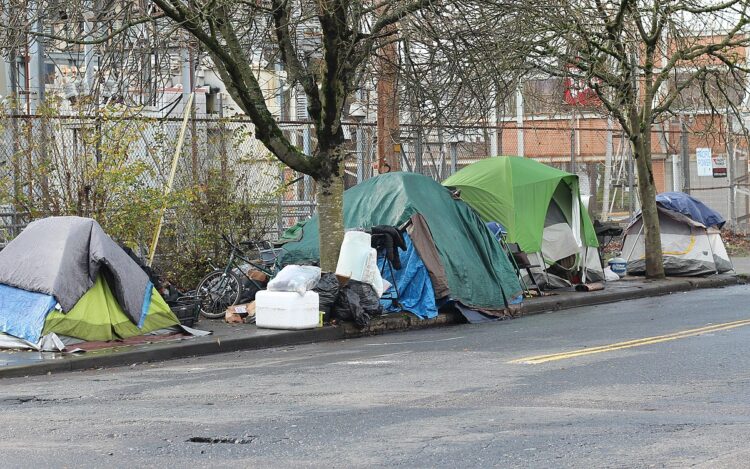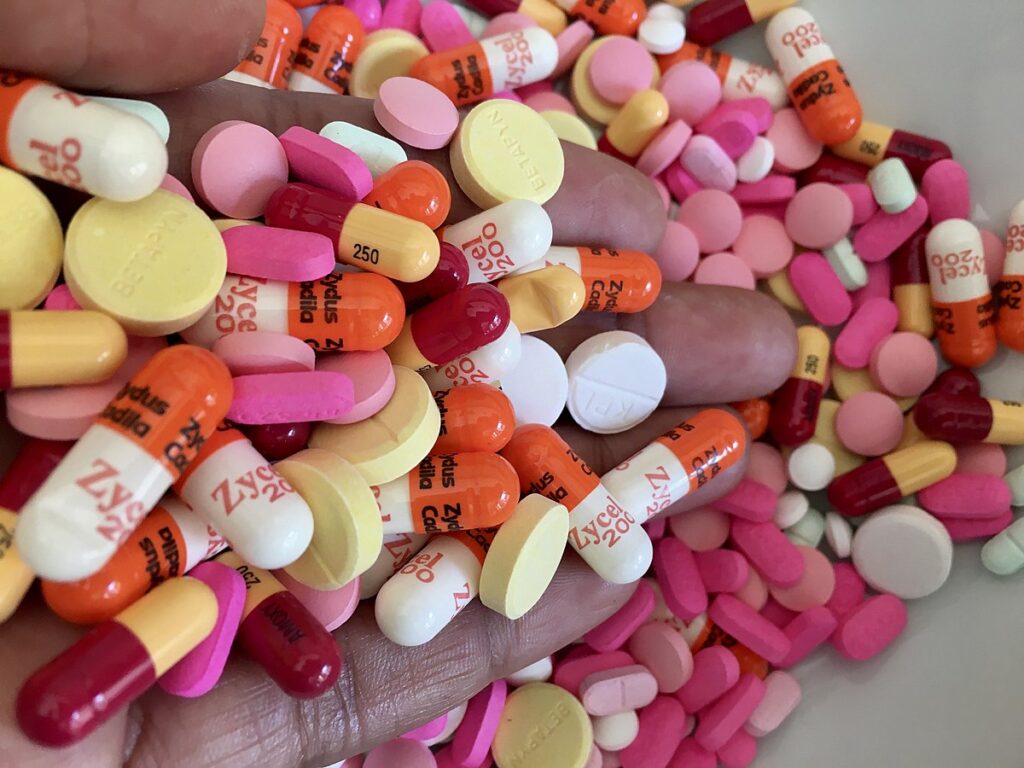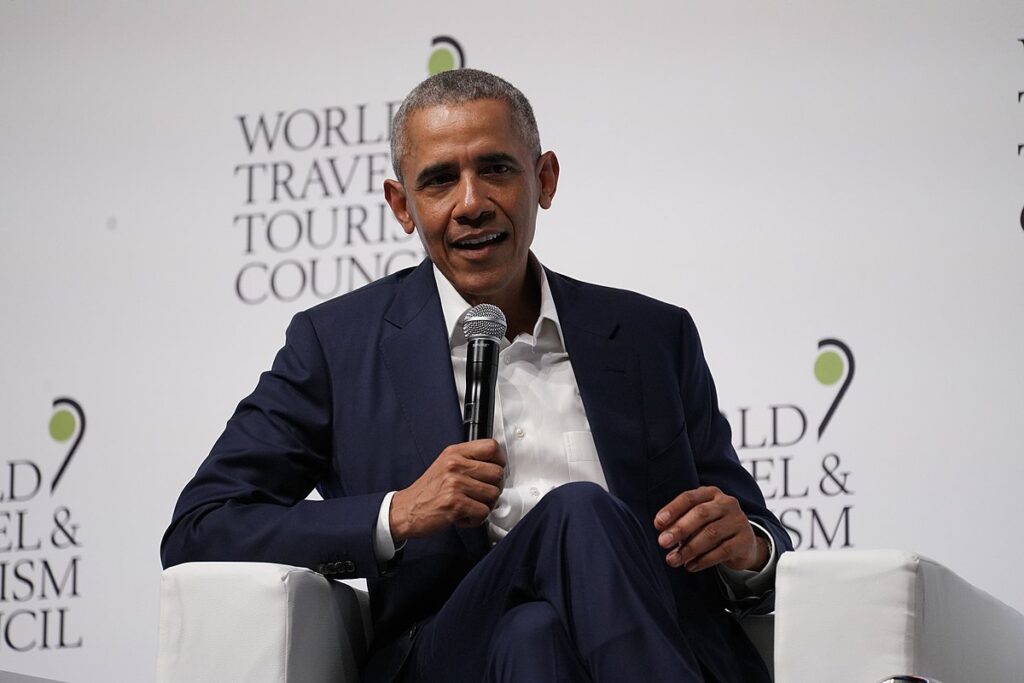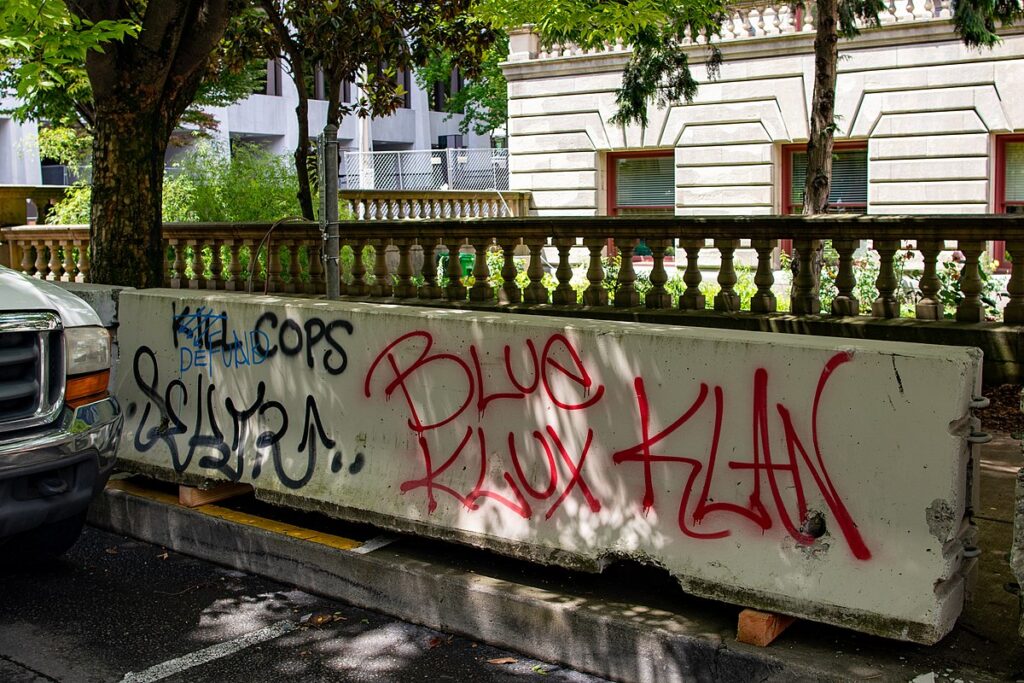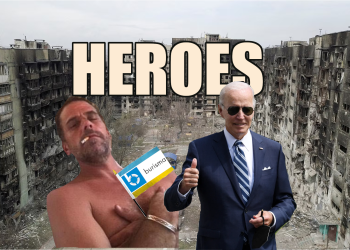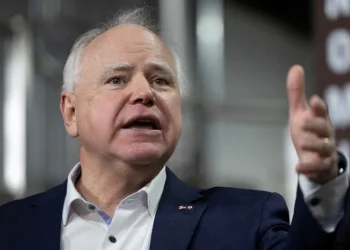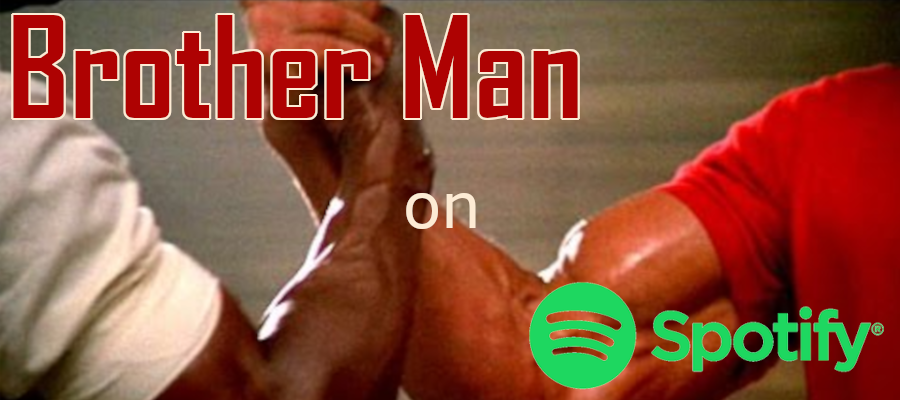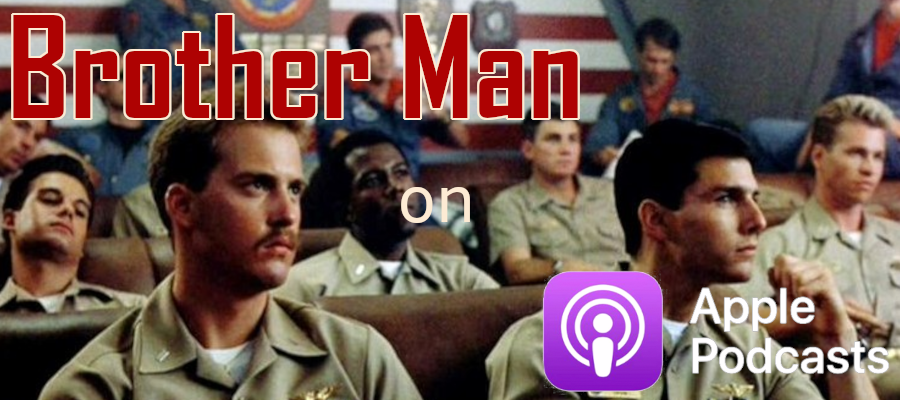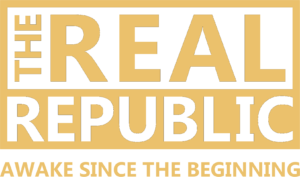Johann Hari’s presentation from 2015 on drug abuse and addiction was one of the few TED Talks that I walked away from with a new perspective. In essence, he thinks that drug addiction is caused by quality of life. Given his evidence and argument, I agree. I like Johann Hari and often recommend his books to people (especially Stolen Focus). There is a lot that we don’t know about drug addiction, and a lot of what we do know is politicized and drenched in money.
Many of the European nations that have tried to understand drugs and addiction have really tried; they’ve created programs and adapted those programs as needed to affect the most positive outcome. And, according to Johann’s research, they’re working.
One of the reasons they’re working is that in all but two nations globally, the US and New Zealand, pharmaceutical companies are not allowed to advertise. Advertising creates talk of, exposure to, and reliance on, pharmaceuticals. Advertising creates culture. Advertising drugs (regardless of their use) creates a drug culture. The pharmaceutical industry, in the US is the largest in the world. Sixty-six percent of Congress made lots of money in 2020 from Big Pharma. This begs the question, does the US Government have a reason to keep drug culture in the US alive, via advertising? Well, no shit. I’ll spare the reader from all the talk of COVID, as much as I can, if you’re here you already know.
I remember hearing about Kurt Cobain and the Grunge movement coming from the Pacific Northwest (PNW) when I was a kid, as well as all the drugs they were doing up there; Channel 1 aired that kind of stuff a lot if I remember correctly. The PNW is a nexus of drug use and homelessness. This is, partly, because it’s never sunny there, driving people into a type of permanent Seasonal Affective Disorder (SAD) induced depression.
So, depression and National Drug Culture via advertising contributed to the fertility of the problem in the PNW, but how did the seed get planted? Mexican drug cartels made the PNW, specifically Oregon, a “High-Intensity Drug Trafficking Area,” or HIDTA (a term I learned from season 1 of True Detective). The two NDIC articles (see below) are old, but good, as they show the genesis of the issue: Mexican drug cartels. Tighter borders and border security would probably help ameliorate the issue. Check the date on the latter article, though- 2008. The Powers-that-Be had the problem figured out, but it was too late. Obama would be elected soon, and all hell would break loose at the border, and get worse every year hence.
Let’s skip to 2021; the year 58% of Oregon voters decided to decriminalize drugs. This was done for socio-political reasons. “Drug users are people too, they have feelings and lives, and we shouldn’t penalize them for their problems,” was the sentiment. I was in Portland in 2018 for work; heroin needles and homeless people were everywhere, and this was before decriminalization. The same happened in Las Vegas. I lived there around the same time too; I lived in LV and traveled for work. After decriminalization, things went bonkers. People were using drugs on the street, and homeless people wandering everywhere; well, everywhere there weren’t giant rocks to prevent homeless people from sleeping on the street.
Part of the decriminalization effort was to drum up money and put that money towards rehabilitation. It’s hard to drum up money, though, when you’re not prosecuting people for crimes and making them pay for it. That is an entirely different can of worms. But, in 2022, the population decreased, probably sane people trying to get out of the Hellscape they voted for. Which left Portland with what? The people who couldn’t afford to move were probably also the majority of die-hard idiots who voted for the measures, and I assume a newly increased amount of drug users. In short, there is an abundance of people who don’t pay taxes, and taxes are needed to fund the aforementioned programs aimed at helping the newly increased number of drug users.
It is a simple problem, income goes down, but bills go up. Three years after decriminalization, Portland has decided to re-criminalize drugs. After prohibition, did they re-de-criminalize alcohol? These terms are ridiculous. Our language is being destroyed. Now it is illegal to be in possession of drugs again in Portland via House Bill 4002, which “overwhelmingly cleared both chambers with bi-partisan support…” [emphasis added].
Portland is home to one of the most active Antifa groups in the US. Antifa or “Anti-Fascists,” should not be a new term for you, they’re the Marxist Anarcho-Communists that caused a lot of problems in the Fentanyl-Floyd “fiery but mostly peaceful protests,” of 2020. Marxists don’t believe in much. Watch some Jordan Peterson videos and make your bed. They’re Nihilist Secular Humanist degenerates who believe in nothing but their own oppressive politics and Science!™ dogma. They are the enemy of civilization and all that is Good. Most people in the area at the very least marginally agree with their ideology.
You’ve got an entire city of people who don’t believe in anything, who are suffering from SAD 24/7, in a HIDTA… yeah, I think Johann Hari was right. See, Johann’s TED talk covered the fix: give people meaning, meaningful relationships, and something to do, and the problem goes away. Something to do would be something like, I don’t know, work? Try telling a bunch of Anti-Fascists that “Work Will Set You Free.” The Palestinian-loving antisemites will suddenly jump to calling you a fascist, as the above phrase is over Auschwitz, in German, “Arbeit Macht Frei.” Thus, we can only really truly deduce that the entire Neo-Anarcho-Marxist ideology truly is against working. They don’t want to work. They want to lay about and do drugs all day. That’s what they want. And now, they’ll be fined for it…maybe.
References:
Al-Arshani, S., Lugo, D., & Santucci, J. (2024, April 2). https://www.usatoday.com/story/news/nation/2024/04/02/oregon-recriminalizing-drugs-bill/73175561007/
Campbell, J., Shelton, S., & Iyer, K. (2024, March 8). Oregon governor to sign bill re-criminalizing possession of certain drugs into law | CNN politics. CNN. https://www.cnn.com/2024/03/08/politics/oregon-drug-laws-recriminalization/index.html
Facher, L. (2023, July 31). More than two-thirds of Congress cashed a Pharma campaign check in 2020, new STAT analysis shows. STAT. https://www.statnews.com/feature/prescription-politics/federal-full-data-set/
FitzMaurice, S. (2024, March 1). Are people moving out of Portland? Population growth 2024 update. Real Estate Agent PDX. https://realestateagentpdx.com/are-people-moving-out-of-portland-population-growth-2024-update/39500#
Gonzalez-Pena, O. I., Lopez-Zavala, M. M., & Ruelas, H. C. (2021, March 18). Pharmaceuticals market, consumption trends and disease incidence are not driving the pharmaceutical research on water and wastewater. PubMed Central (PMC). https://www.ncbi.nlm.nih.gov/pmc/articles/PMC7967517/
Harvard Health Publishing. (2017, February 14). Do not get sold on drug advertising. Harvard Health. https://www.health.harvard.edu/medications/do-not-get-sold-on-drug-advertising
Karabatsos, A. (2023, January 24). Dealing with seasonal affective disorder in the Pacific Northwest. pillarsofhopecounseling.com. https://pillarsofhopecounseling.com/seasonal-affective-disorder-in-the-pacific-northwest/
Kruzman, D. (2019, July 26). Portland’s homeless campers face new obstacle: Piles of boulders. oregonlive. https://www.oregonlive.com/portland/2019/07/homeless-campers-face-a-new-obstacle-along-portland-roadways-giant-piles-of-boulders.html
National Drug Intelligence Center. (2003, February). Overview – Washington drug threat assessment. Department of Justice | United States Department of Justice. https://www.justice.gov/archive/ndic/pubs3/3138/overview.htm
National Drug Intelligence Center. (2008). Major drug markets – Oregon high intensity drug trafficking area drug market analysis 2008 (Unclassified). Department of Justice | United States Department of Justice. https://www.justice.gov/archive/ndic/pubs27/27508/markets.htm
Sabatier, J. (2022, June 15). ‘Hostile architecture’ in Portland seems intended to deter camping in public spaces. opb. https://www.opb.org/article/2022/06/15/hostile-architecture-in-portland-seems-intended-to-deter-camping-in-public-spaces/
TED. (2015, July 9). Everything you think you know about addiction is wrong | Johann Hari | TED.
YouTube. https://youtu.be/PY9DcIMGxMs?si=7qf-IEeXdl3oYrTW
Images:
Tents- Graywalls, CC BY-SA 4.0 <https://creativecommons.org/licenses/by-sa/4.0>, via Wikimedia Commons
Sign- Tony Webster from Portland, Oregon, CC BY-SA 2.0 <https://creativecommons.org/licenses/by-sa/2.0>, via Wikimedia Commons
Pills- SharonDawn, CC BY-SA 4.0 <https://creativecommons.org/licenses/by-sa/4.0>, via Wikimedia Commons
Obama- World Travel & Tourism Council, CC BY 2.0 <https://creativecommons.org/licenses/by/2.0>, via Wikimedia Commons
Barrier- Ted Timmons, CC BY-SA 4.0 <https://creativecommons.org/licenses/by-sa/4.0>, via Wikimedia Commons
The opinions expressed in this article are solely those of the author and do not necessarily reflect the views or opinions of The Real Republic LLC, realrepublic.com, or any of its affiliates. While our team strives to ensure the accuracy and reliability of the information provided, The Real Republic cannot guarantee the completeness, suitability, or validity of any information on this site or found by following any link on this site. The Real Republic will not be liable for any errors or omissions in this information nor for the availability of this information. The Real Republic will not be liable for any losses, injuries, or damages from the display or use of this information.
